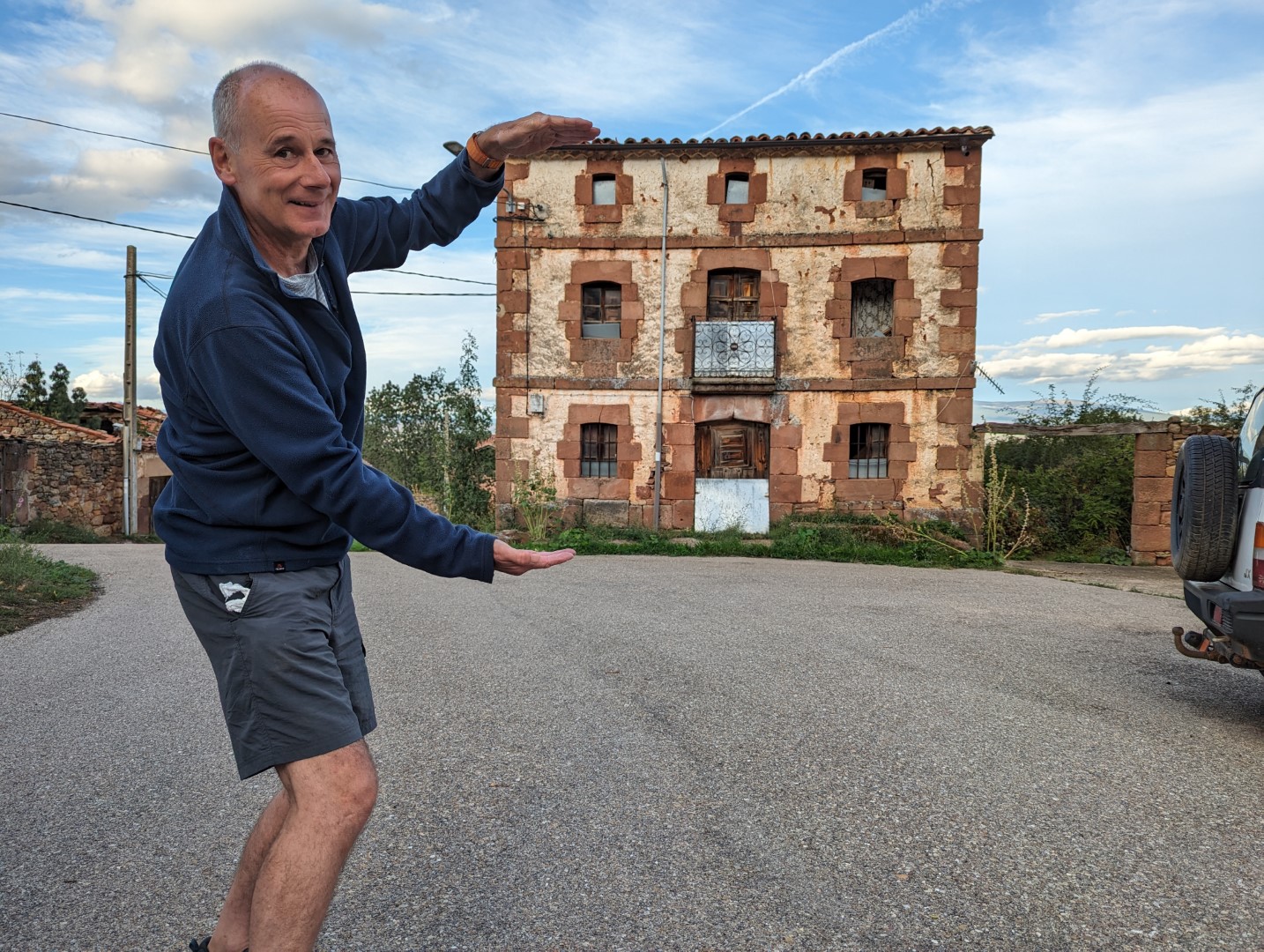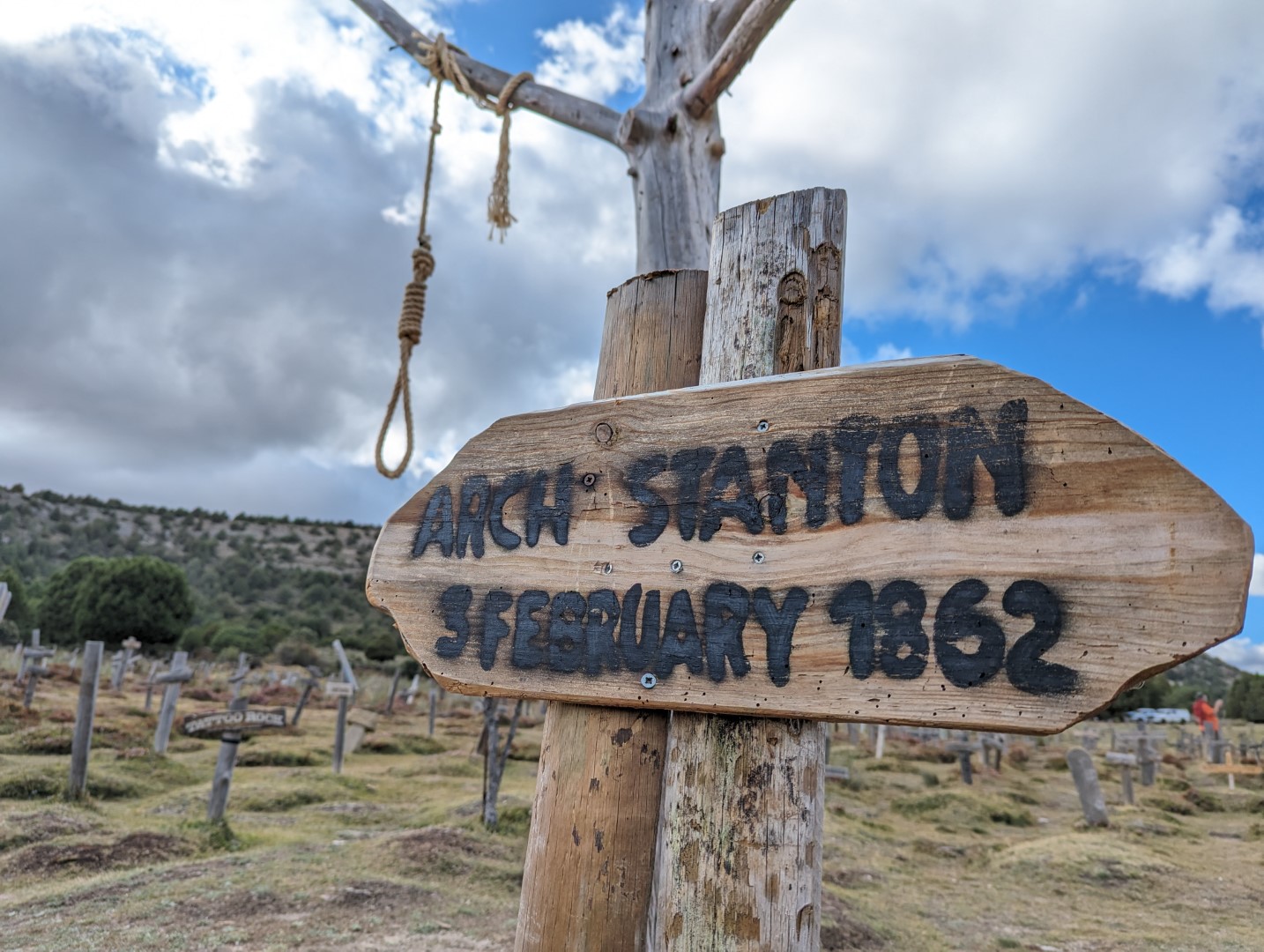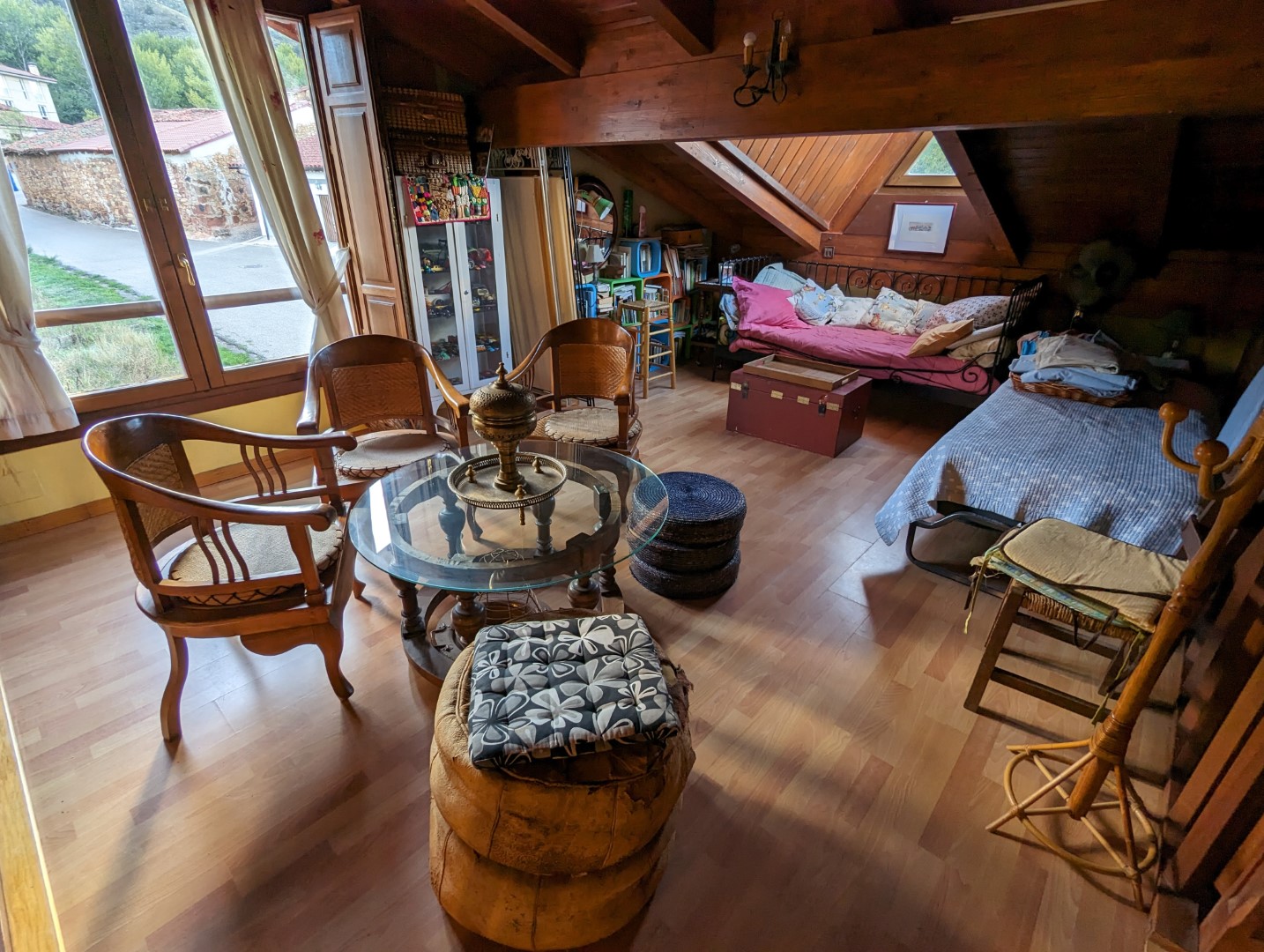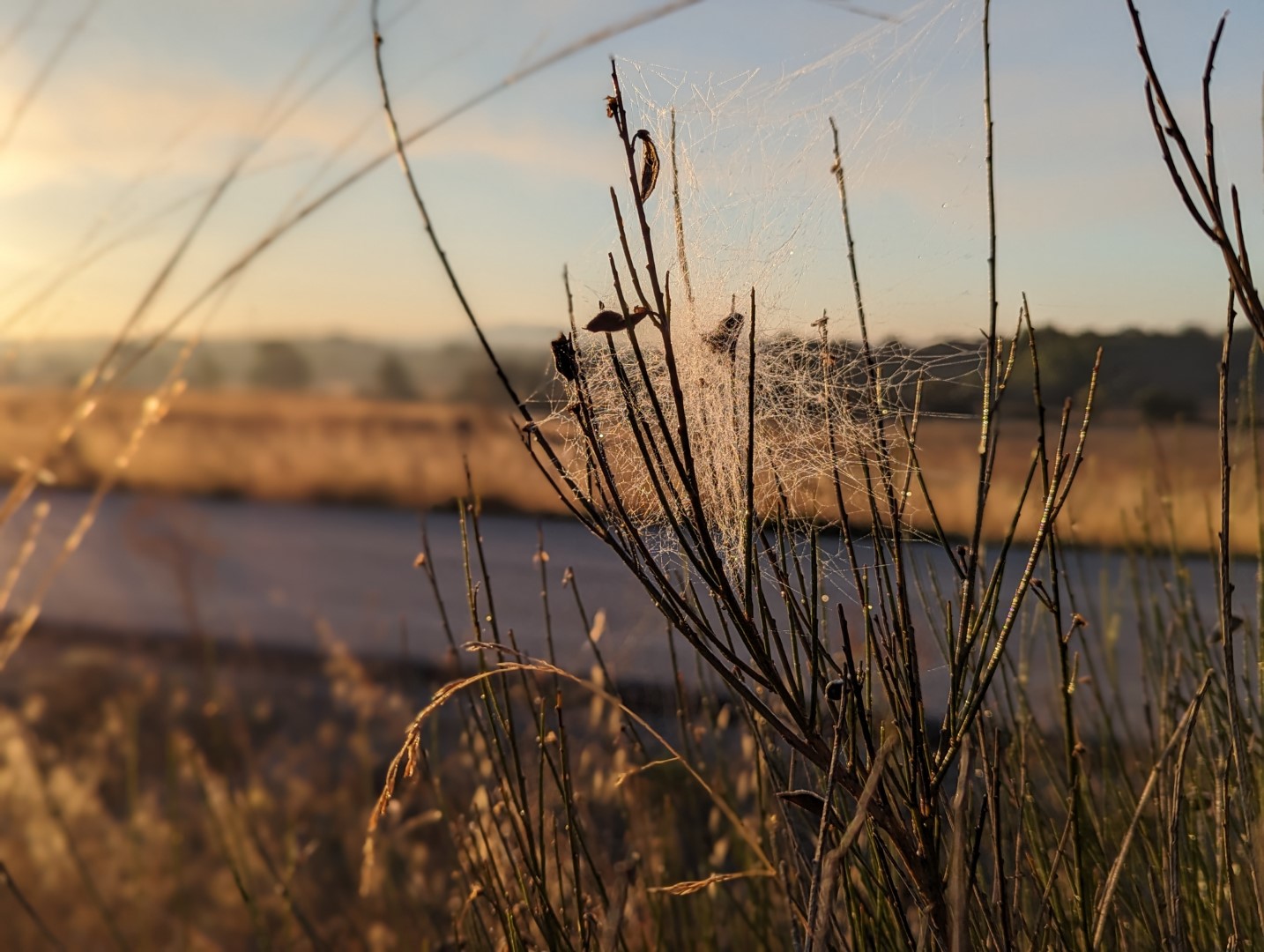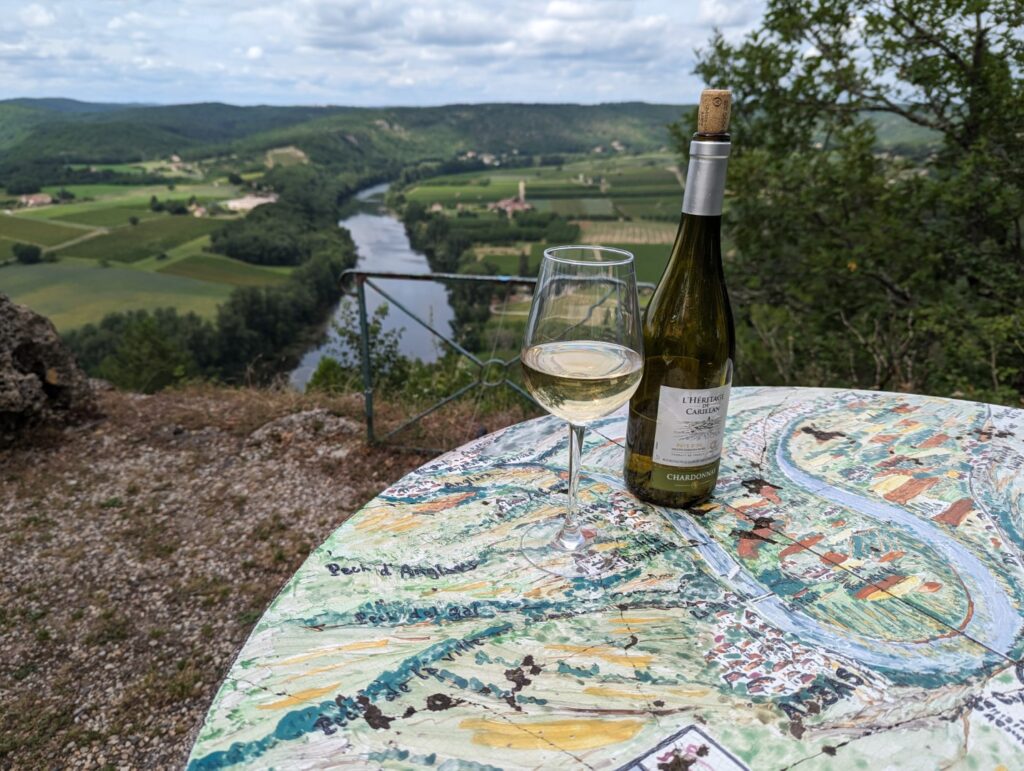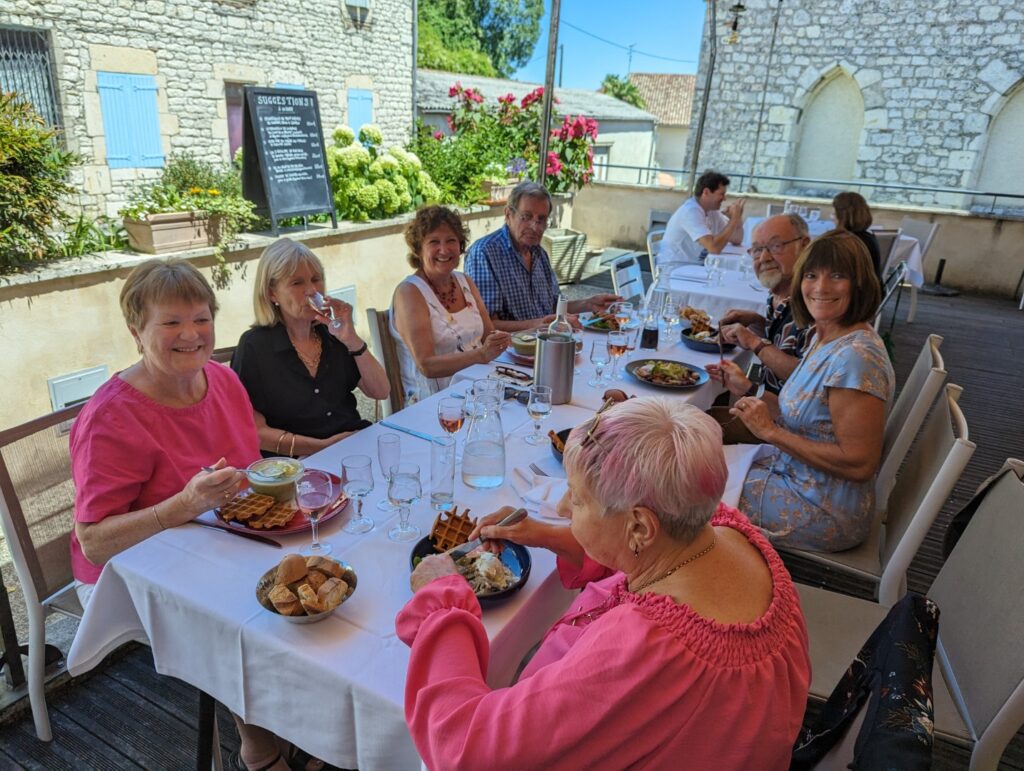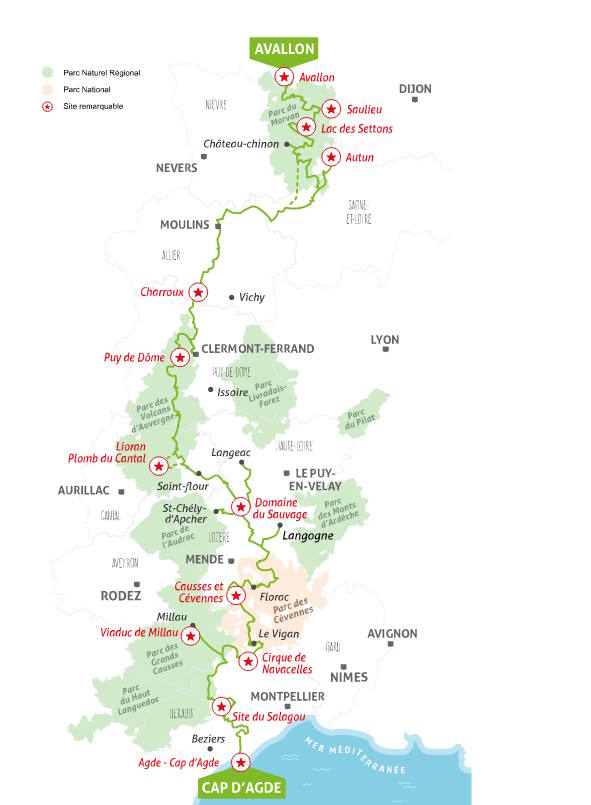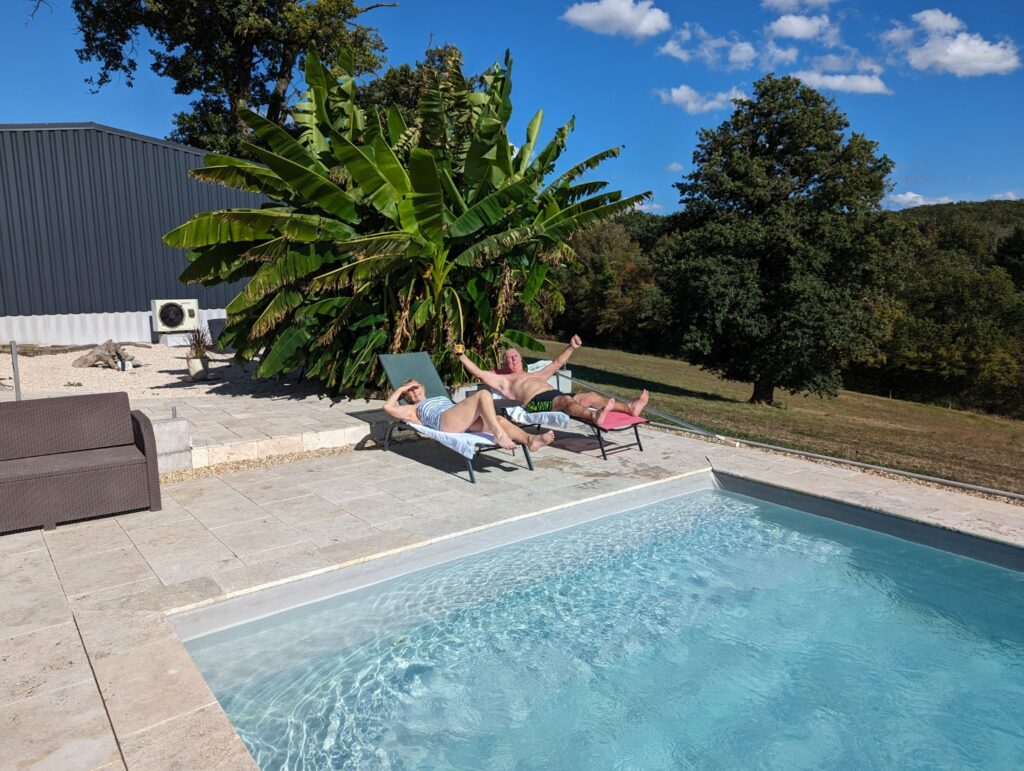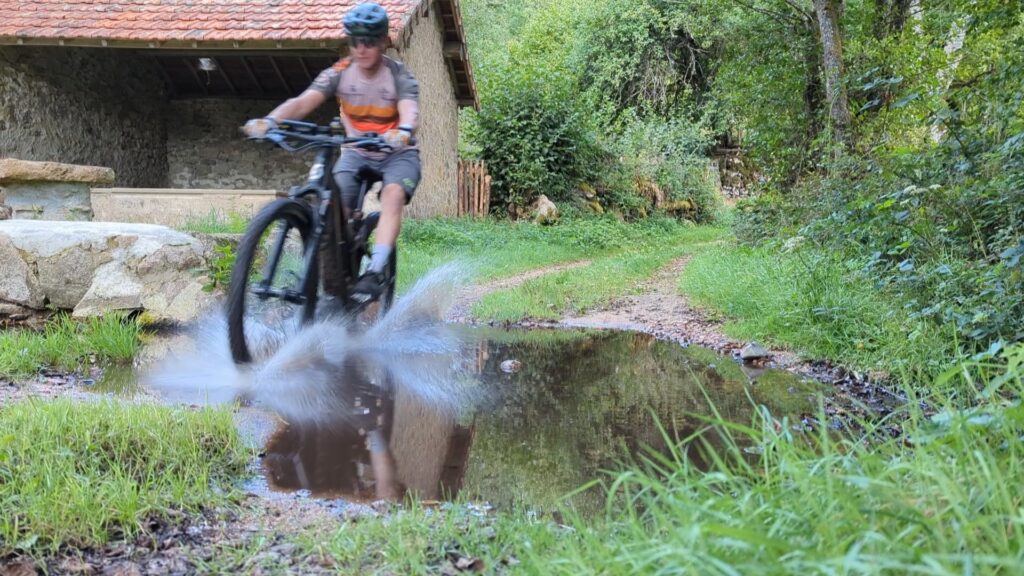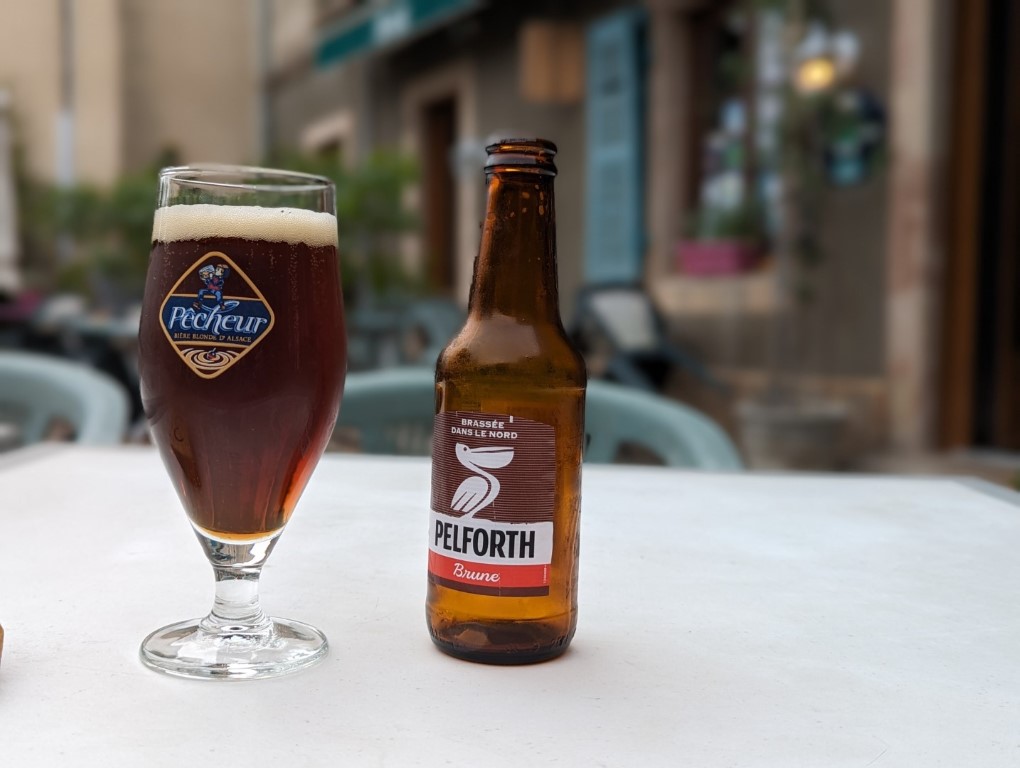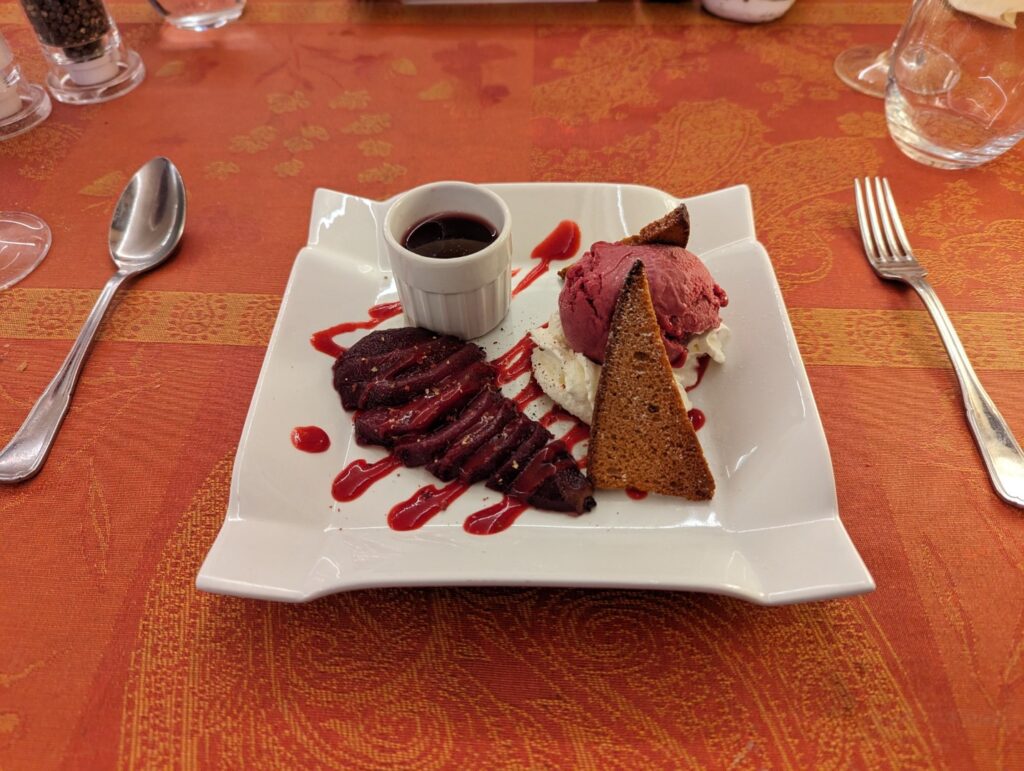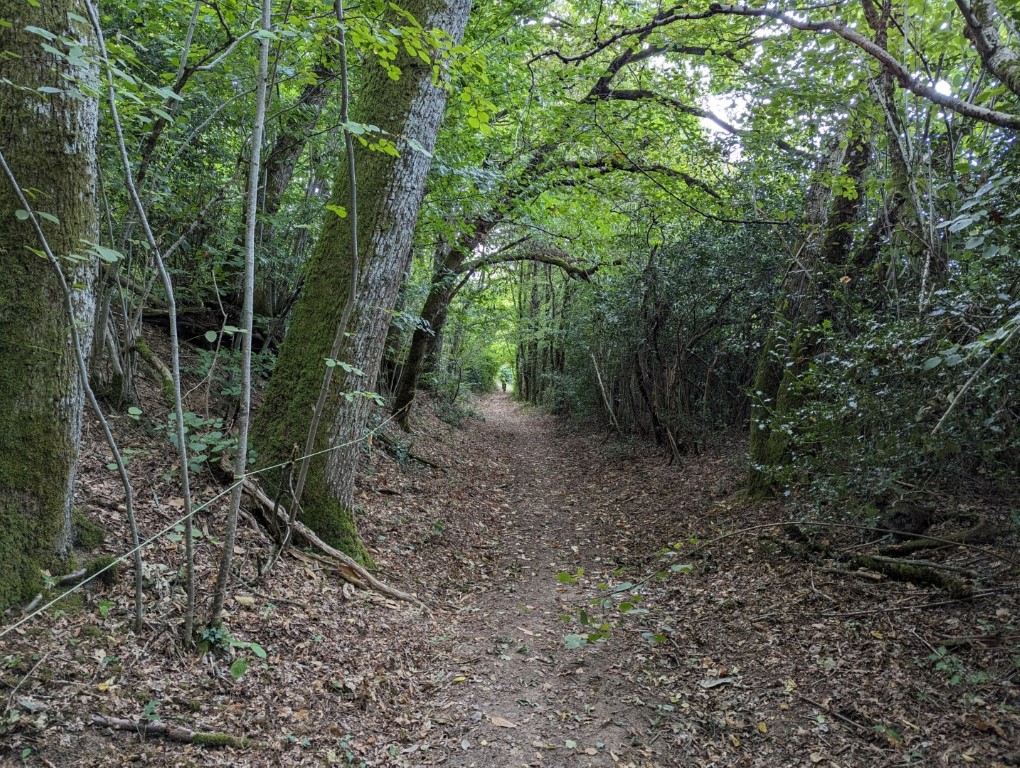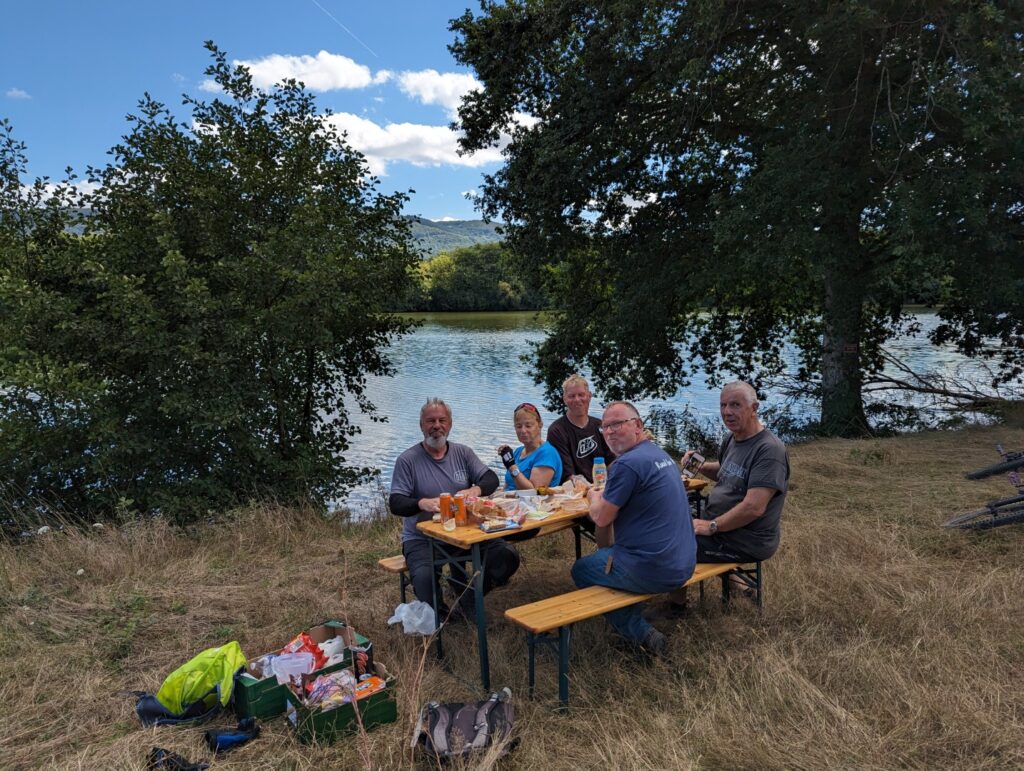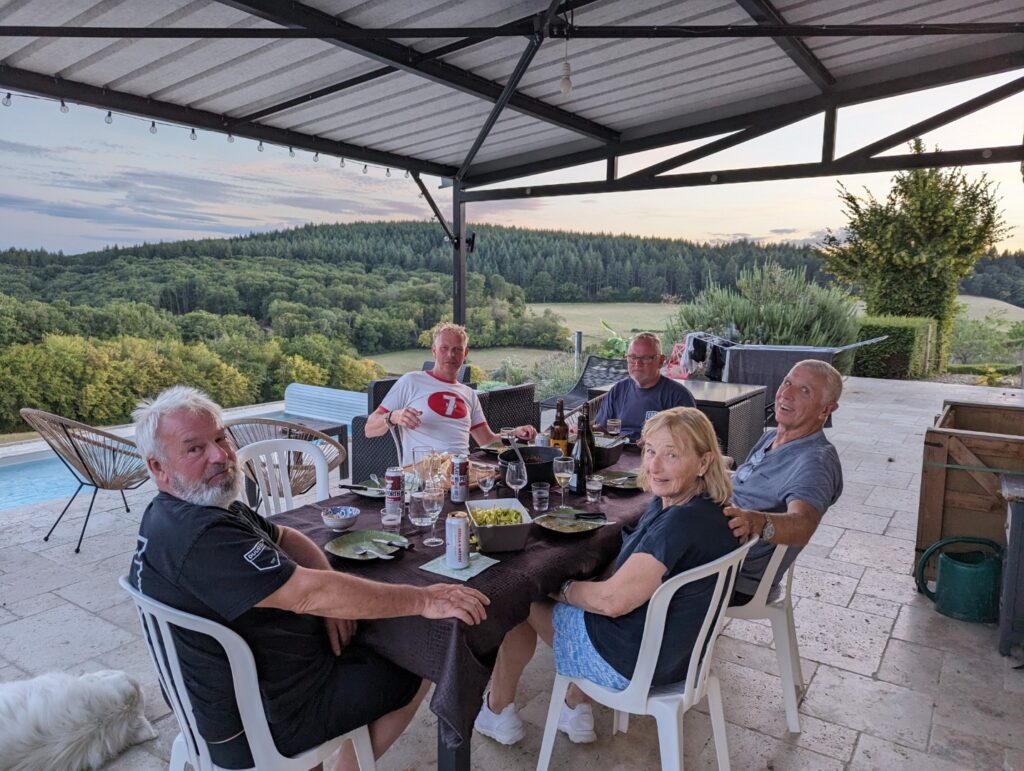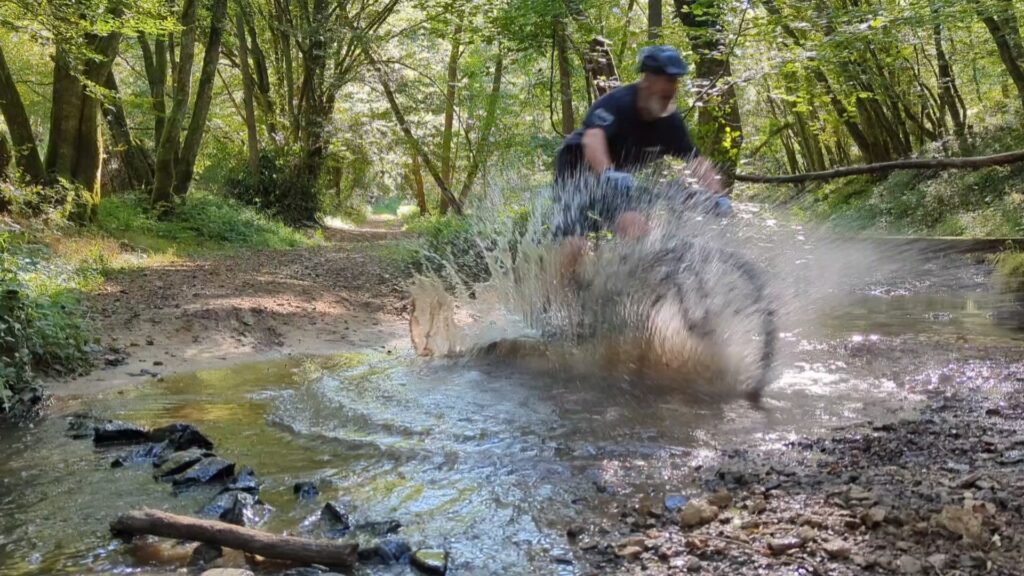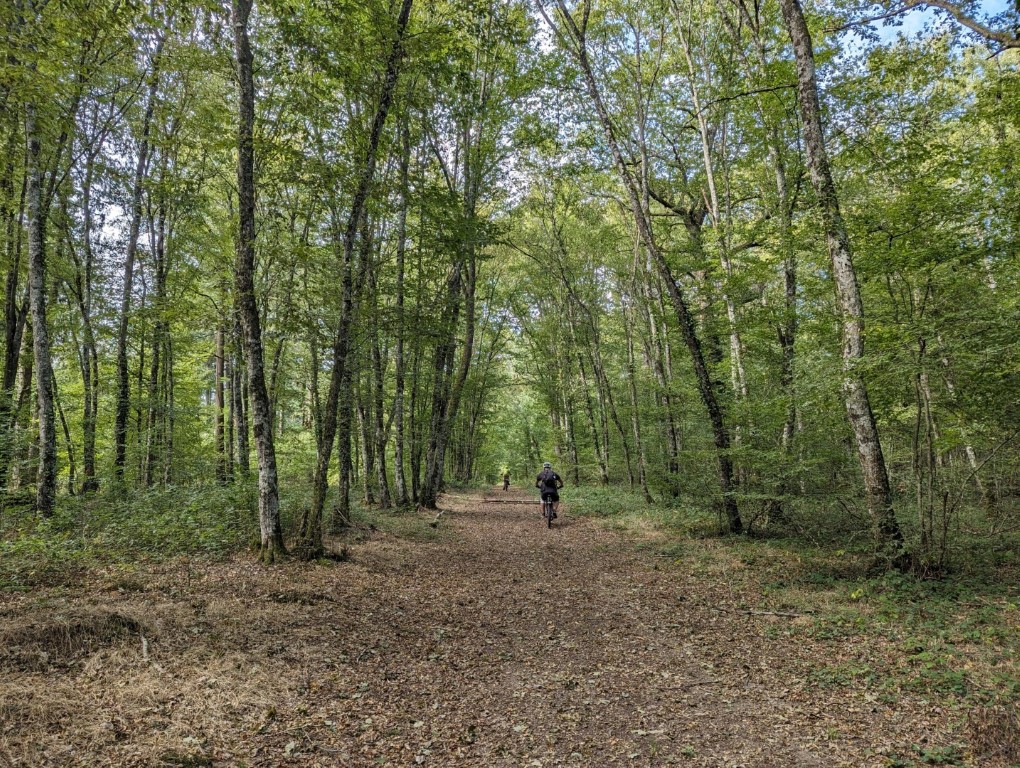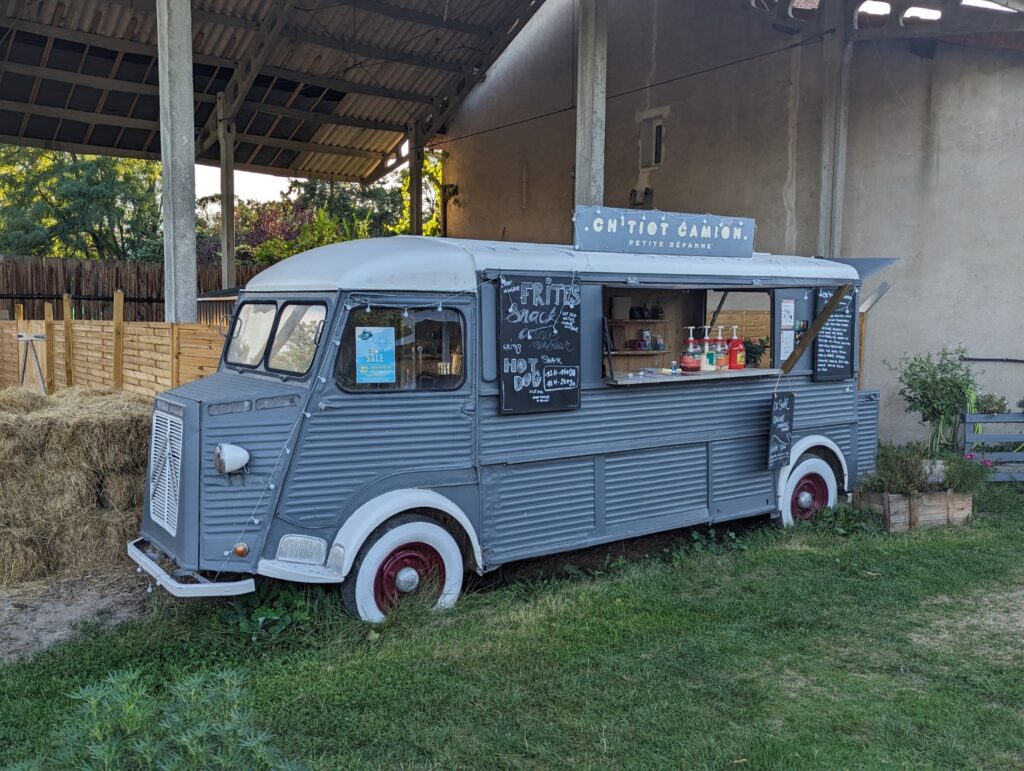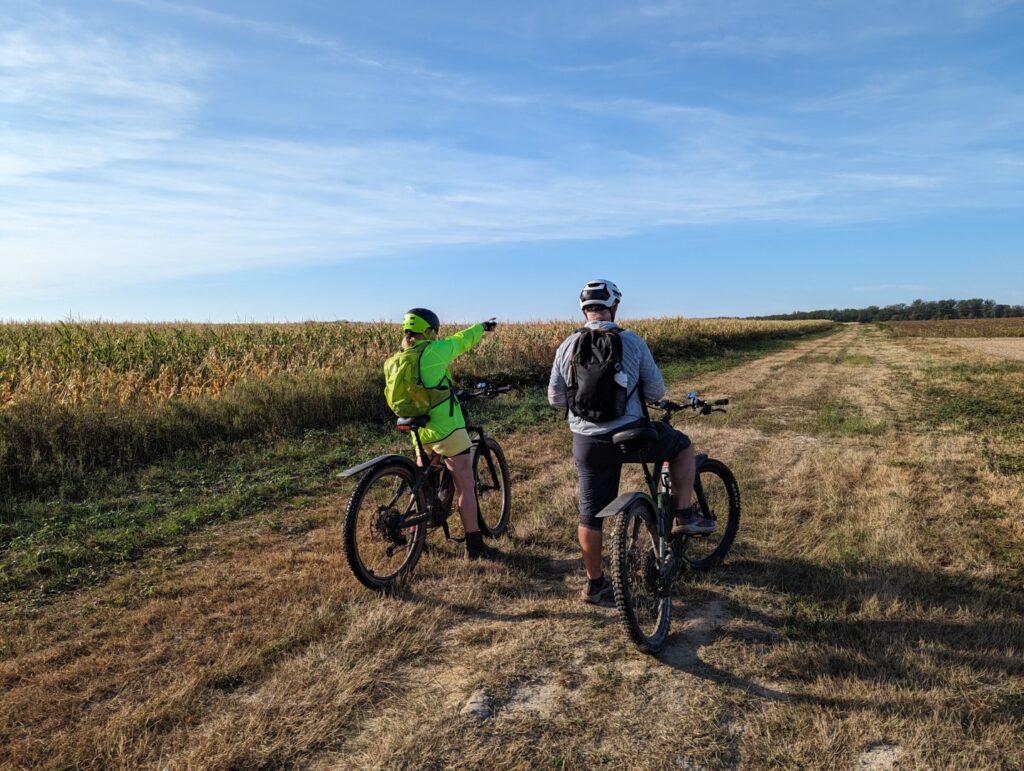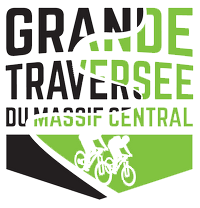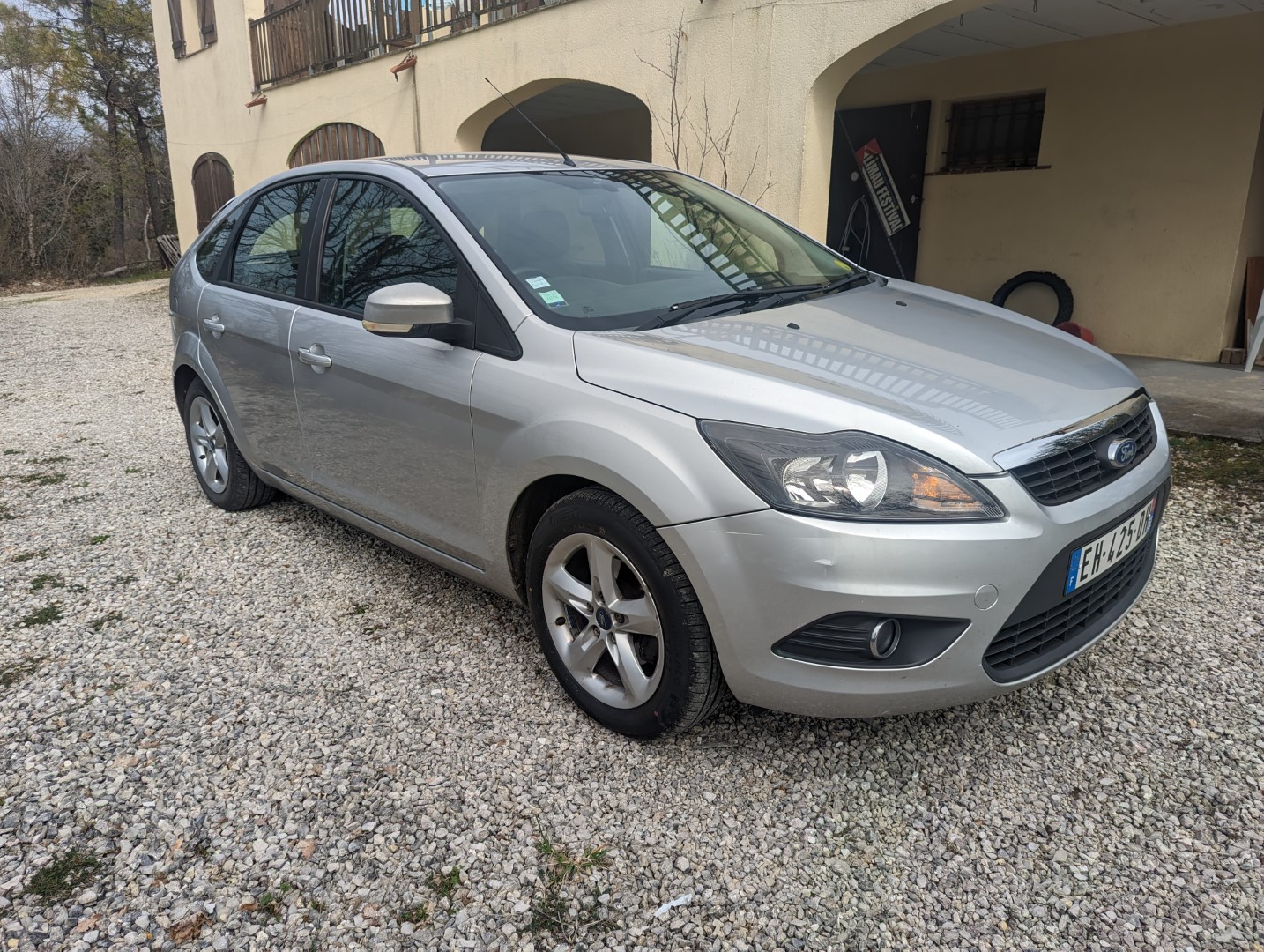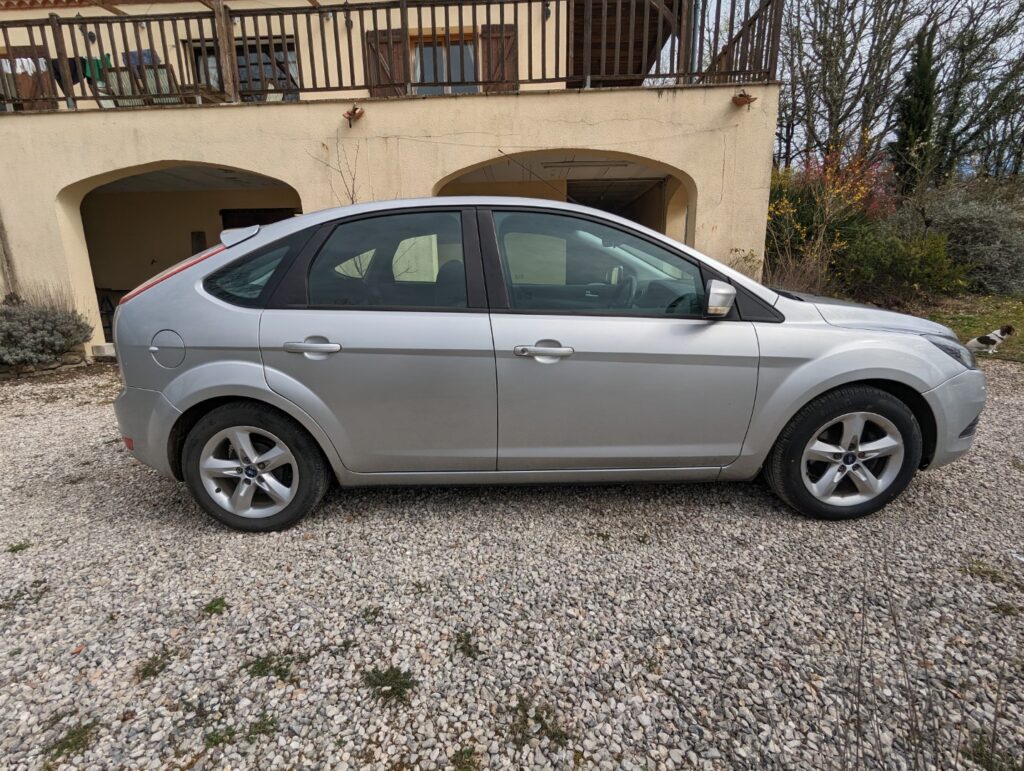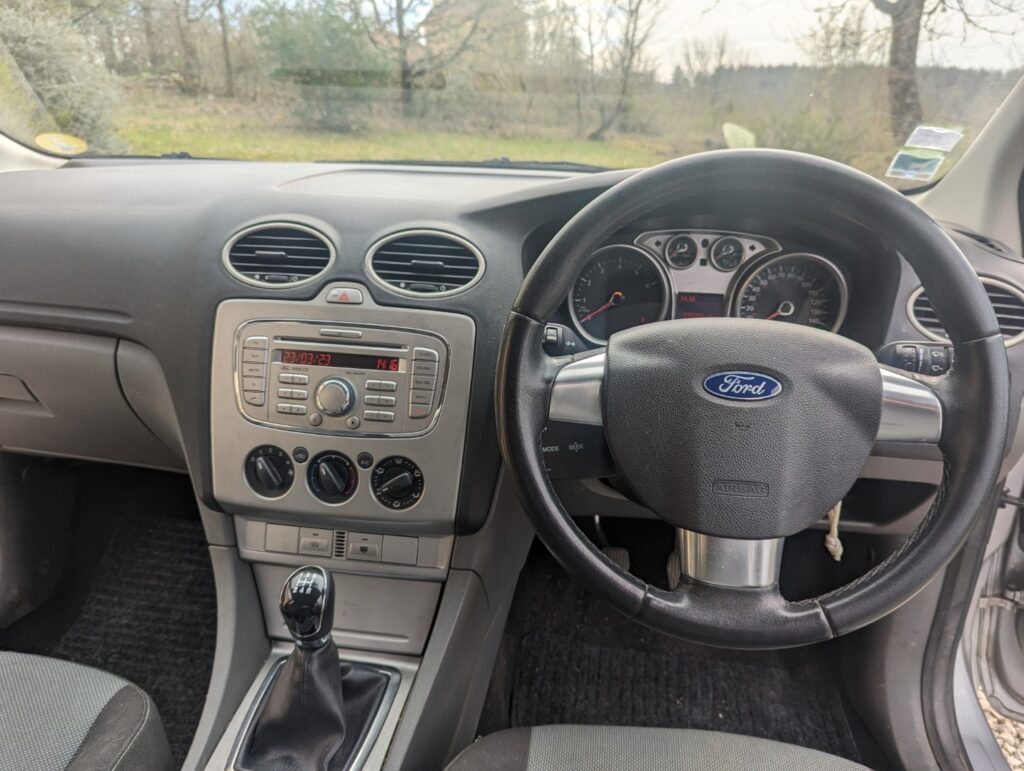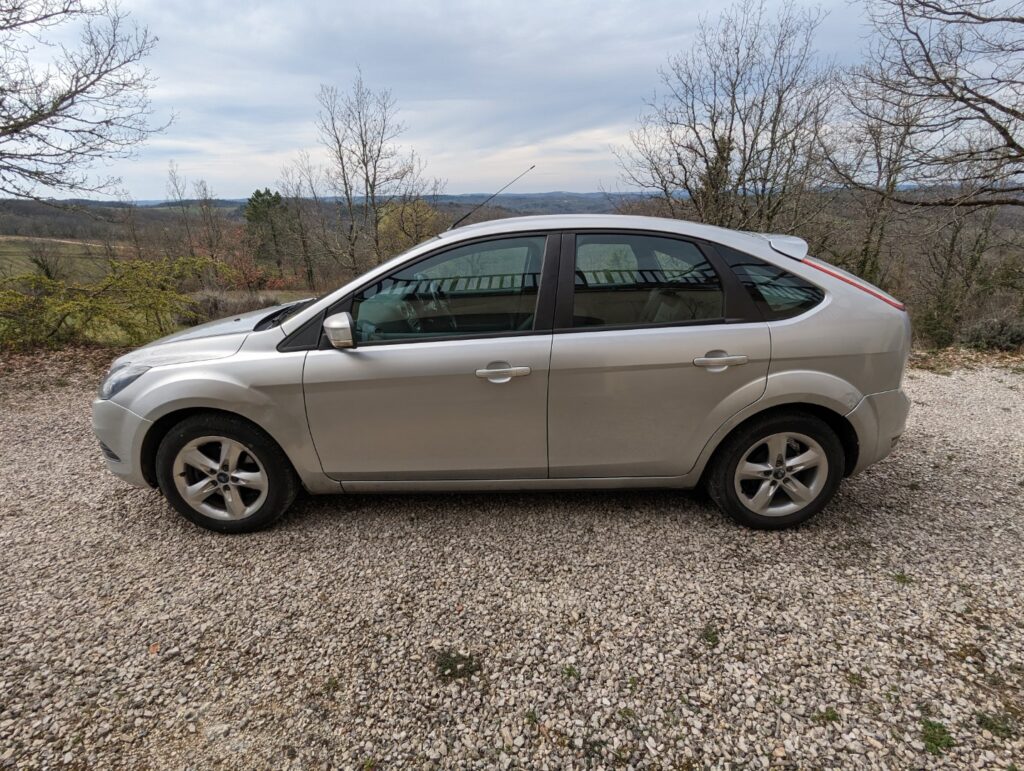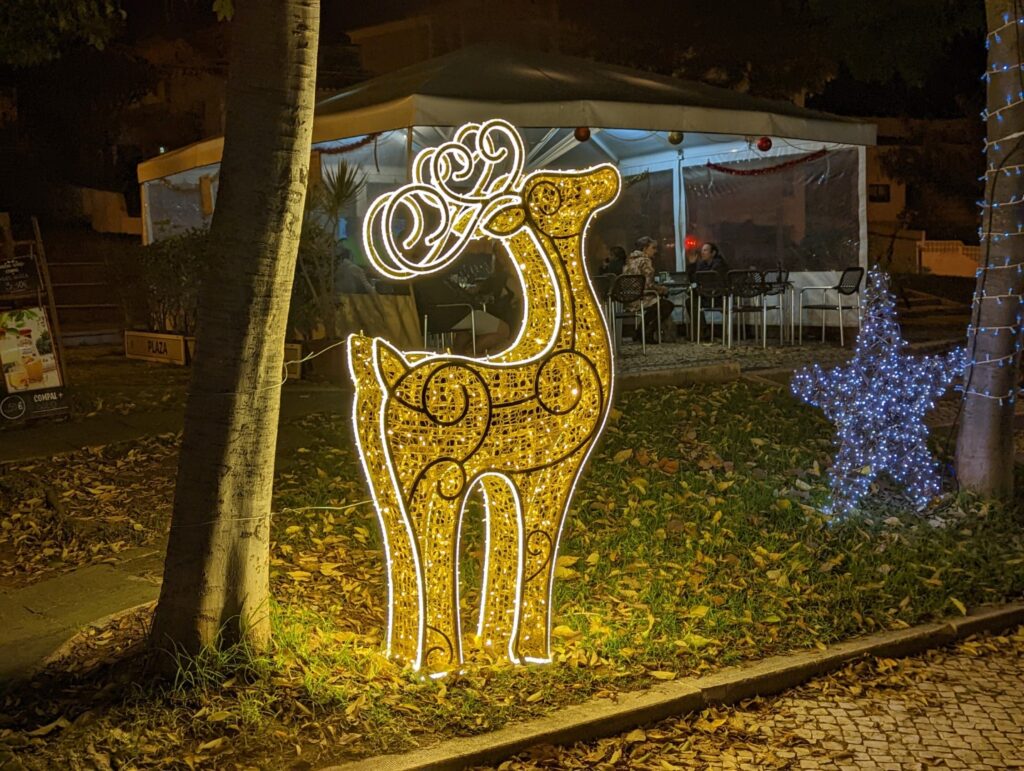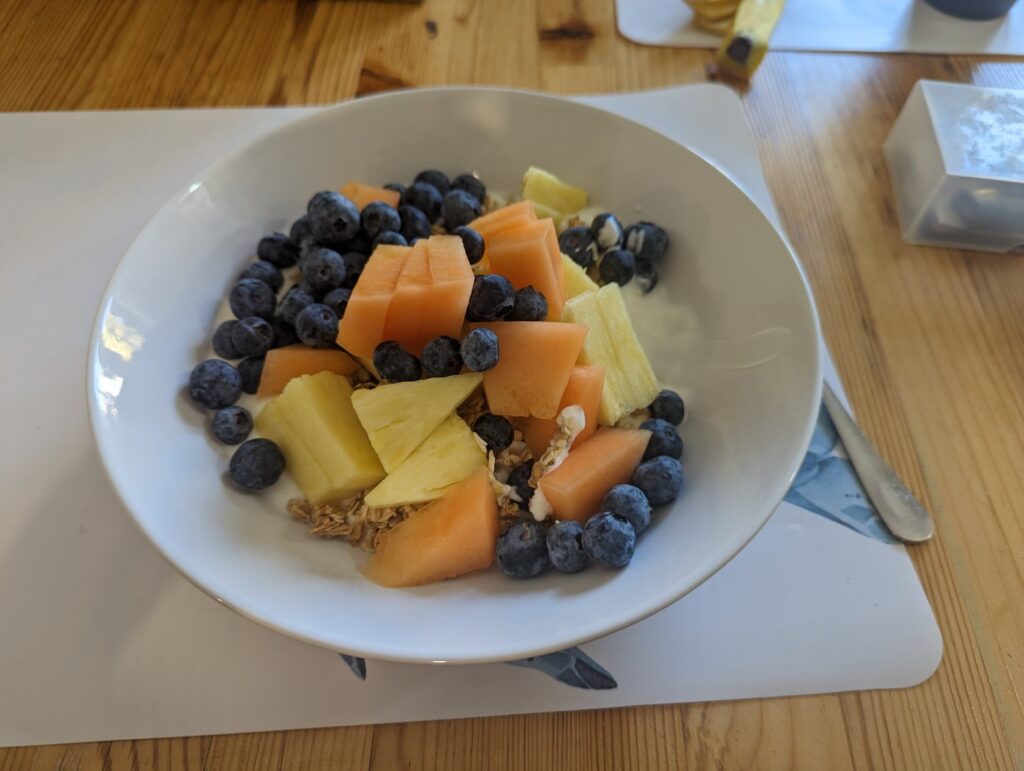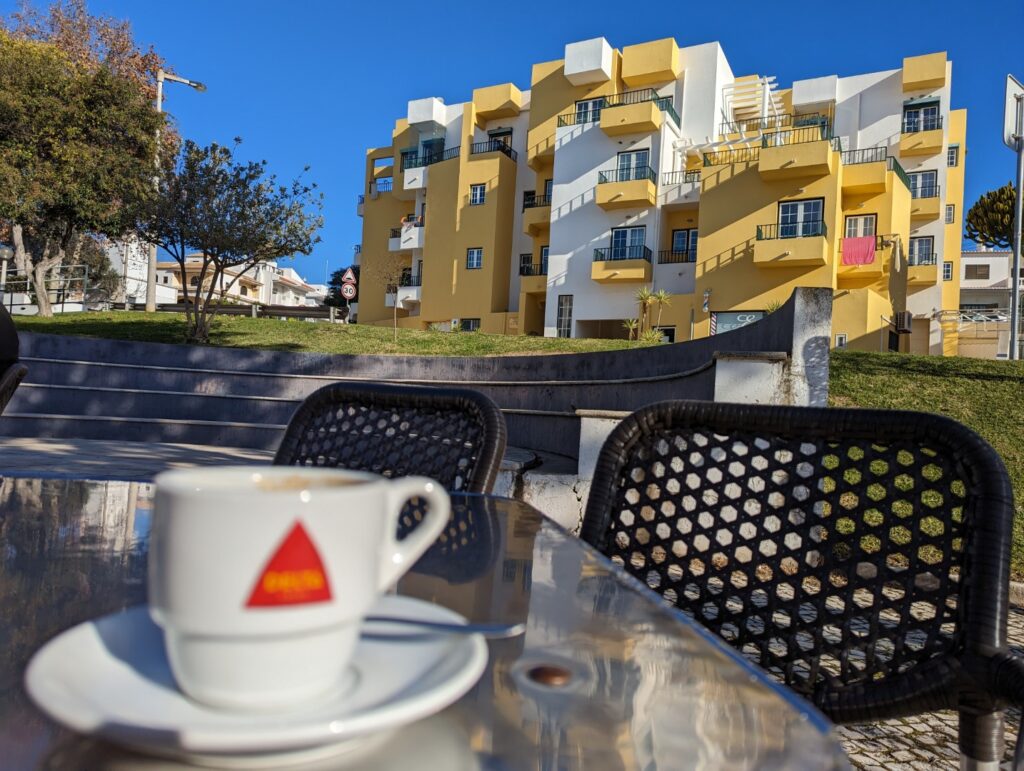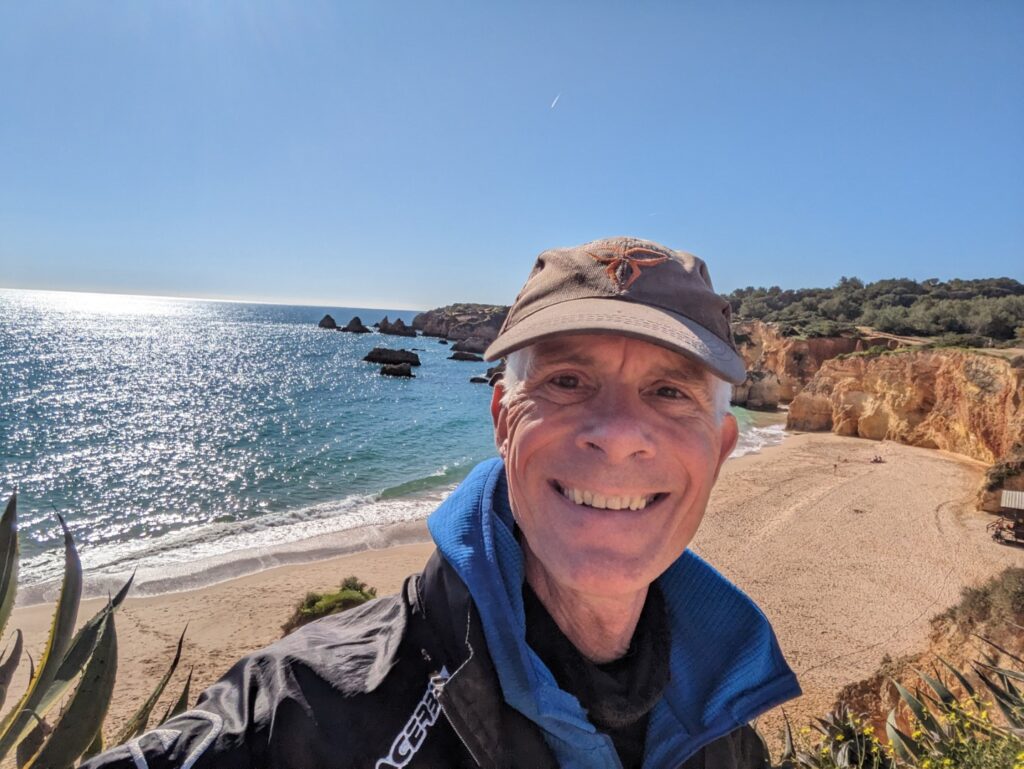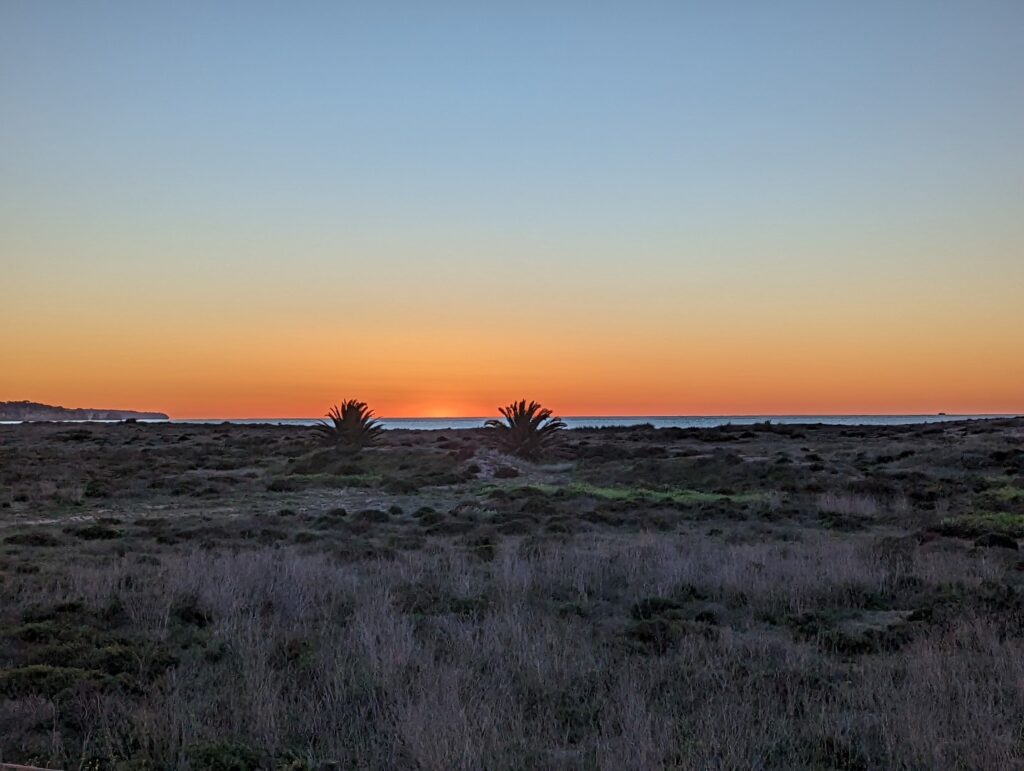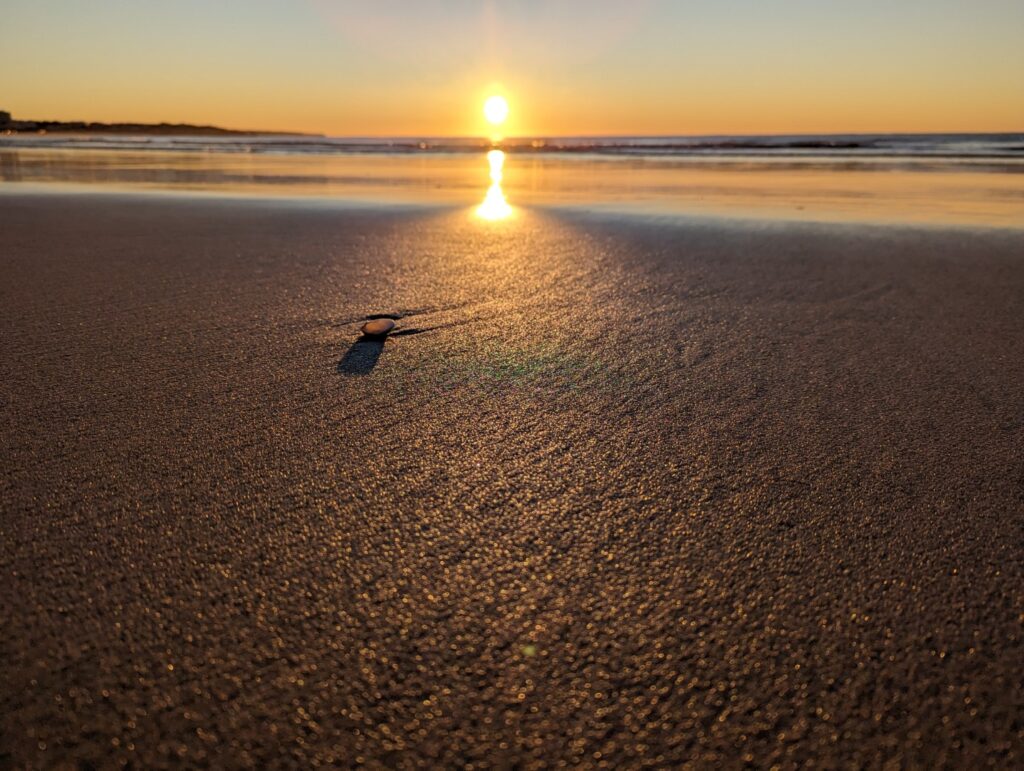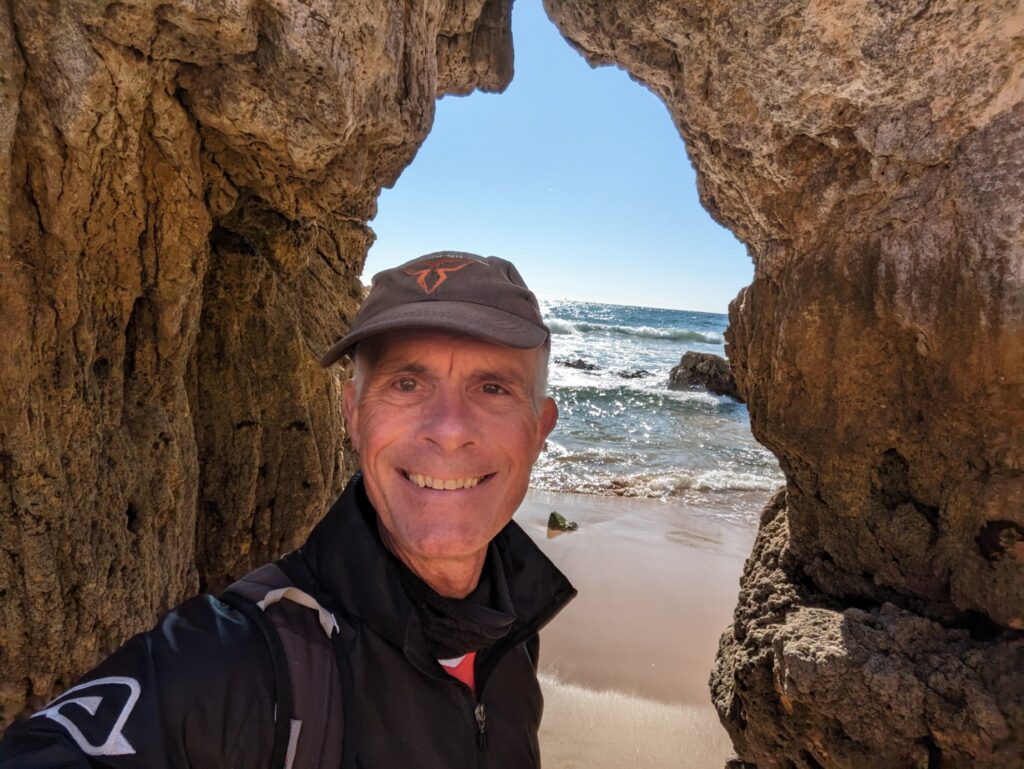For the VINCE this year Dougie and I decided to enter the “twinshock” category, which basically means we have to use old bikes. Dougie already had his machine – a 1978 Kawasaki KL250 trail bike that he recently bought in fully restored condition as a trip down memory lane as it was identical to the first bike he ever owned. I didn’t have any nostalgic connection to my previously owned bikes so was free to search for something suitable. I spent some time looking for a big single cylinder trail bike from the late 70s, early 80s such as a Yamaha XT500 or Honda XL500S. The search proved more difficult than I expected as the available bikes were either fully restored museum pieces with prices to match, or boxes of parts. I wasn’t looking for either of these, I just wanted a working bike that would last through the 3 day event. Eventually I found a Honda XL500S that had been modified by a previous owner to make it into a “Scrambler” style of bike. The good points were that it seemed to be in very good mechanical condition and had been fitted with a front disc brake to replace the original drum brake, which is notoriously weak.

The bad points were:
– The bike only has a kick start (normal for that era) and the decompressor didn’t work. This made starting a time consuming business and not for the faint hearted.
– The original 23 inch front wheel had been replaced with a 19 inch with a much wider tyre. While this is fine for the road, it is not ideal for off road riding and the tyre choice would be very limited.
– Similarly at the rear the wheel had been changed from 18 inch to 17, which created similar problems with tyre selection.
I used the Honda for our Isle of Man trip and it proved to be a great road bike. Off road was a bit more of a challenge, but I reasoned that we wouldn’t be travelling very fast on the VINCE and I’d be able to get through the three days somehow.
As a part of the preparation for the VINCE I fitted mousses to the Honda, which was a bit of a challenge as mousses are normally fitted to off road bikes which have 18 and 21 inch wheels. I bought the nearest equivalent sizes and modified them to fit the wheels/tyres that I had. On the front this involved drilling a large number of holes in the mousse to get it to fit inside the tyre. At the rear I bought an 18 inch mousse to fit the 17 inch tyre and was expecting to have to remove some material to get it to fit. In the event it went straight in and gave quite a soft feel, equivalent to running a low air pressure, which I quite like on the rear as it helps traction. The tyres themselves were Continental TKC80 which are 50/50 tyres and work very well on the road but would struggle in sand or muddy conditions. The Pyrenees is quite rocky so I was hoping to manage with these tyres.

I also had to make a map board and compass mount for the bike – we chose to go with A4 landscape maps and the board was mounted high enough for easy reading without obstructing the view ahead too much.

Other than the bike the major area of preparation was working on the routes that we were going to use to visit the maximum number of checkpoints (CPs) in the three 12 hour days of the event. CPs carry different scores depending on how far away they are or how difficult they are to access. A few score 4 points and are well worth seeking out, there are also a few twos and threes, but the majority score only one point. Our approach to the route preparation was as follows :
1. Dougie created an initial gpx track of the routes for the three days
2. I reviewed this track using Google Earth, which allows you to do a “fly through” of the route and check that all the trails are navigable and perhaps spot some alternative routes that may be easier/quicker. I also cross check with the CP booklet which provides some notes on how to find the checkpoint and if there are any issues with access. Finally I also cross check with Austin’s supplementary notes which highlights any areas where the map is incorrect and provides some pointers on the difficulty of some of the routes.
3. I feedback any changes to Dougie who then updates the gpx track.
4. Dougie then marks up the routes we are planning to use on the master map and cuts the map up into manageable A4 pieces ready for printing.
5. The maps are then printed and laminated – approximately 20 A4 sheets per day.


In addition to the maps I also printed and laminated the CP booklet, so that we had the detailed information and a picture of the CP with us on the trail.
The event this year was based in Oliana at the Eastern end of the Spanish Pyrenees – not far from Andorra and Barcelona. We got there a couple of days early in order to have time to get a bit of practise before the event and to do some “faffing” with the bikes. We stayed in an AirBnB in Oliana itself rather than in the main event hotel – this is because we prefer to get a good nights sleep and avoid the scrum at meal times – there were around 140 entrants this year.
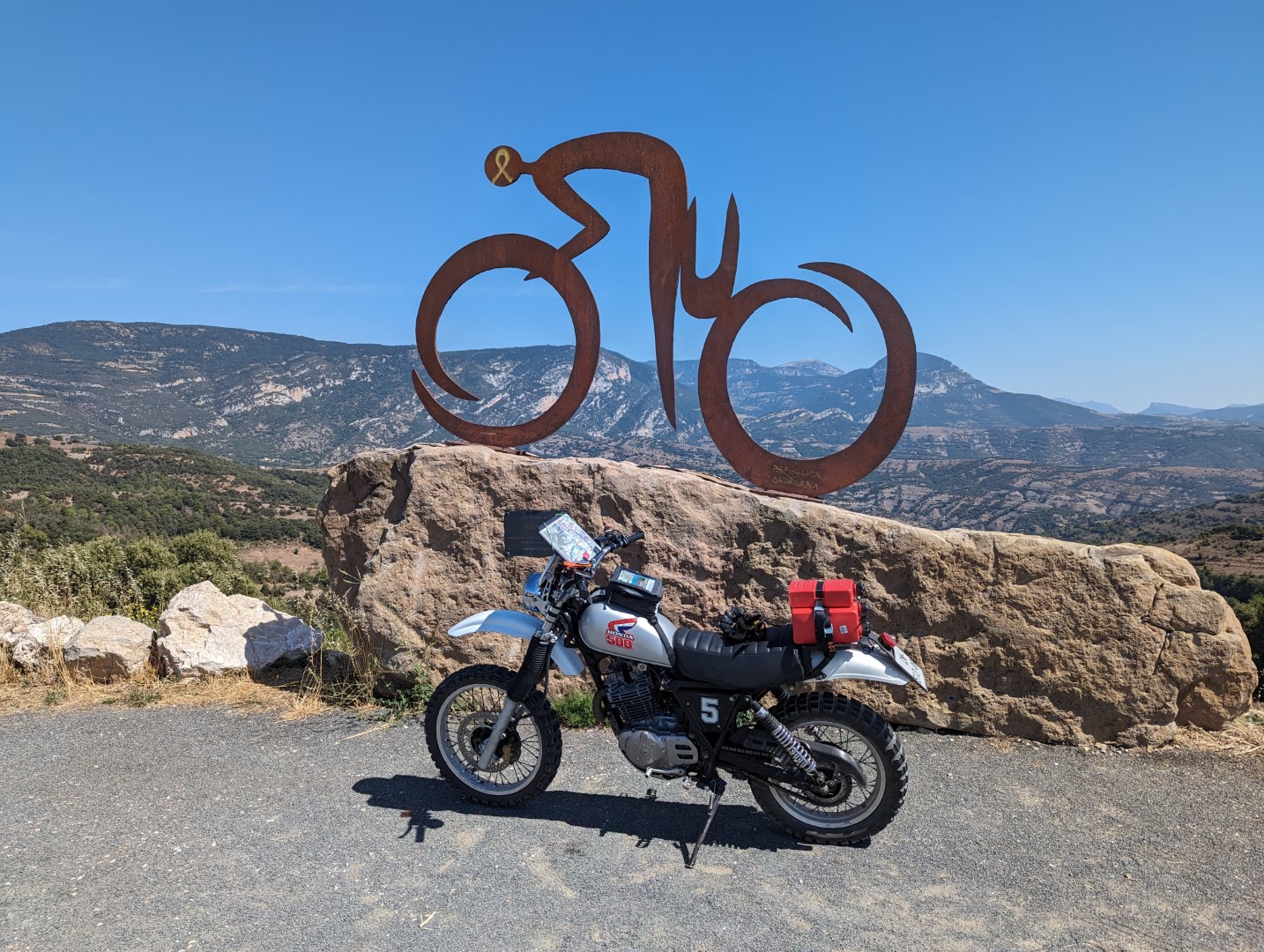
On the event itself the bikes ran perfectly although we felt we were subjecting them to a lot of abuse on some of the loose, rocky trails. I found that the bike felt very “skittish” on gravel trails – the wide front tyre floating over the ground rather than biting in and providing some steering feel. I also found the steep and loose downhill sections rather treacherous – the rear brake doesn’t work very well so I had to rely on engine braking and very tentative use of the front brake to keep the bike upright.
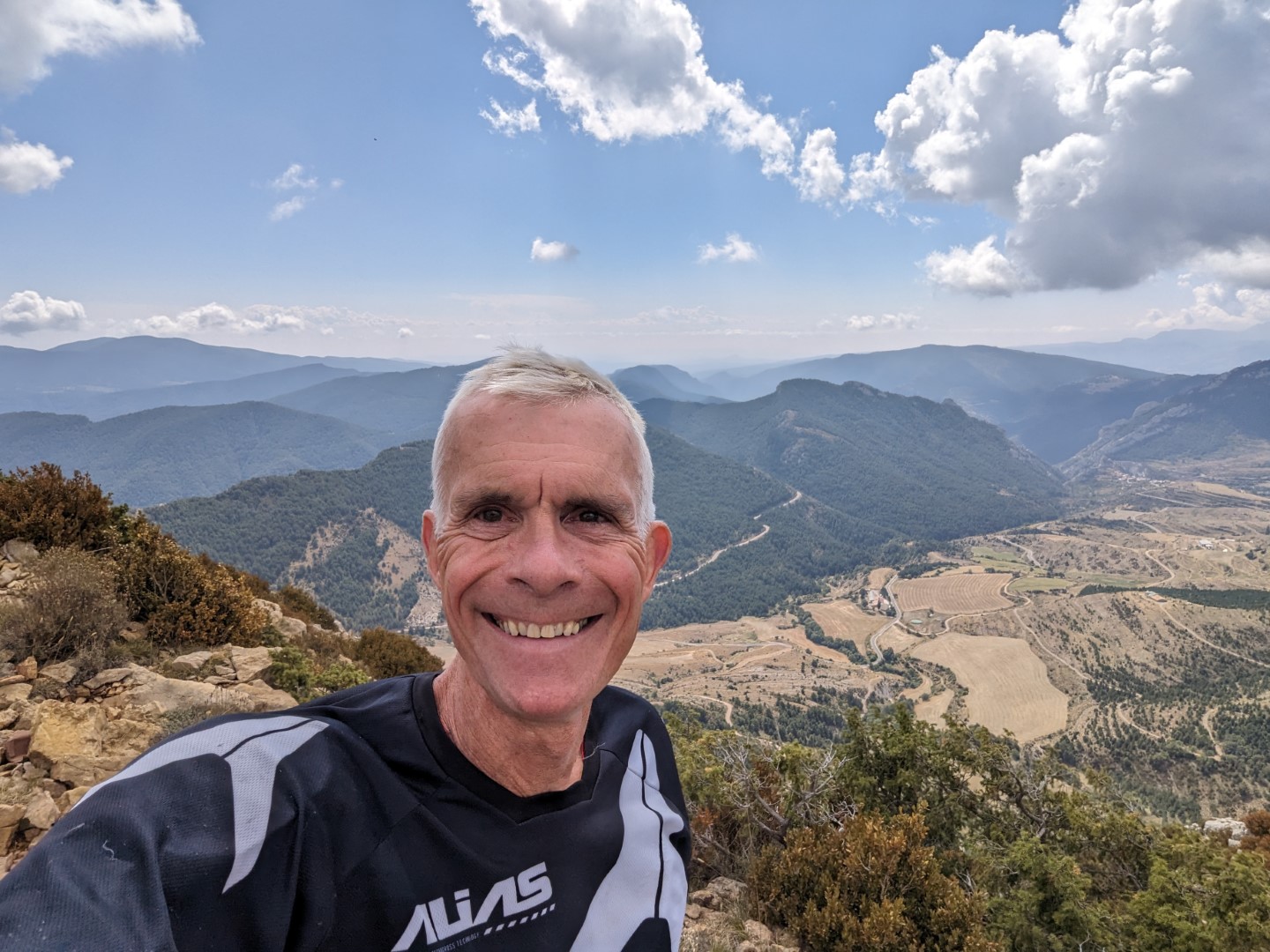
Although the bikes ran well mechanically we both had tyre/mousse problems. On the first day Dougie’s front tyre came off the bead, probably because the mousse had worn over time and become too small. Fortunately he had a spare inner tube and was able to fit that at the end of the first day.
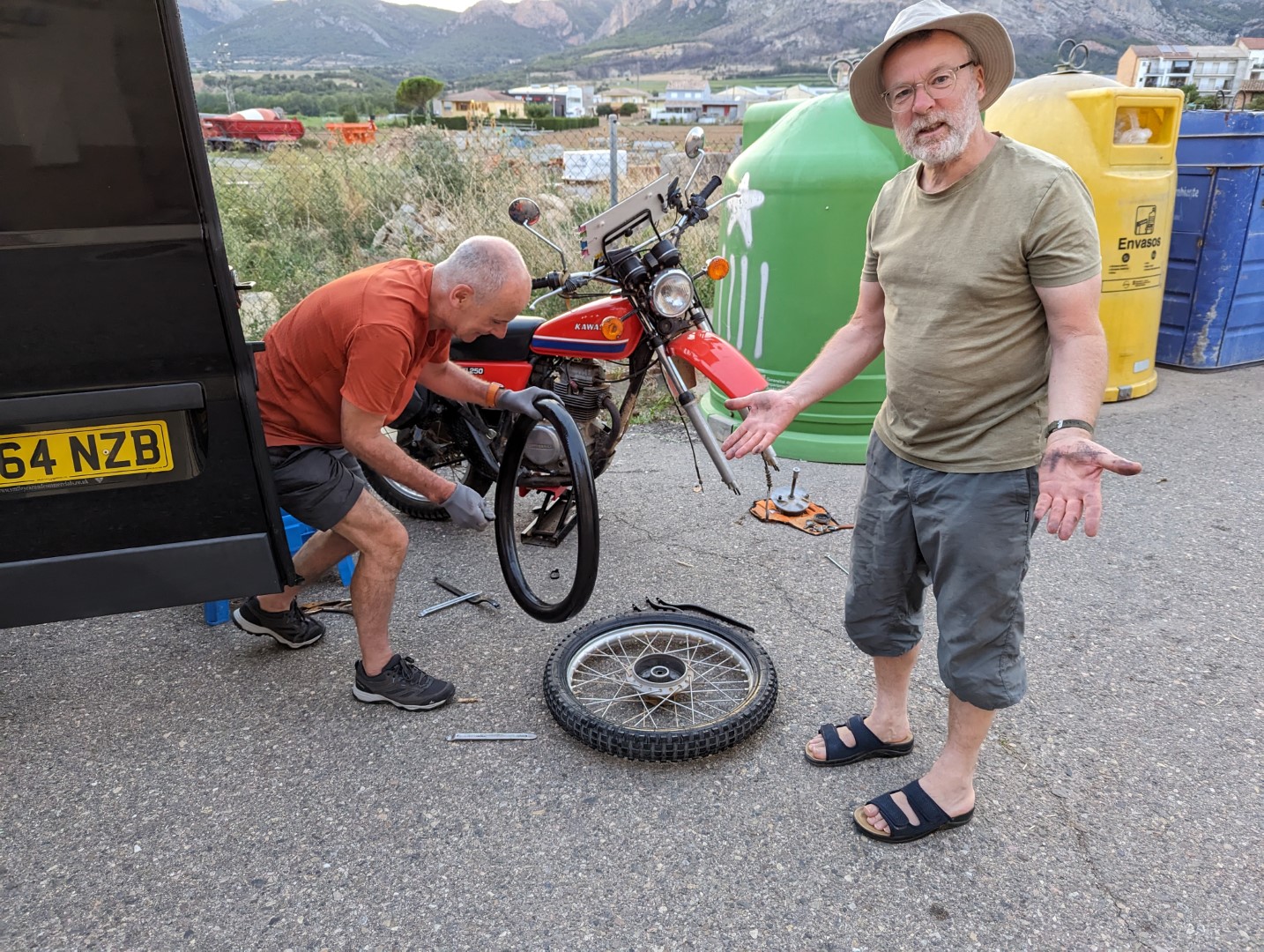
I had a similar problem with my rear tyre coming off the bead which I only noticed at the start of the third day, by which time I had no option but to ride the whole day with the tyre a bit “loose”. This wasn’t too much of a problem off road but on the road the bike starting weaving alarmingly at anything over 40 km/h.
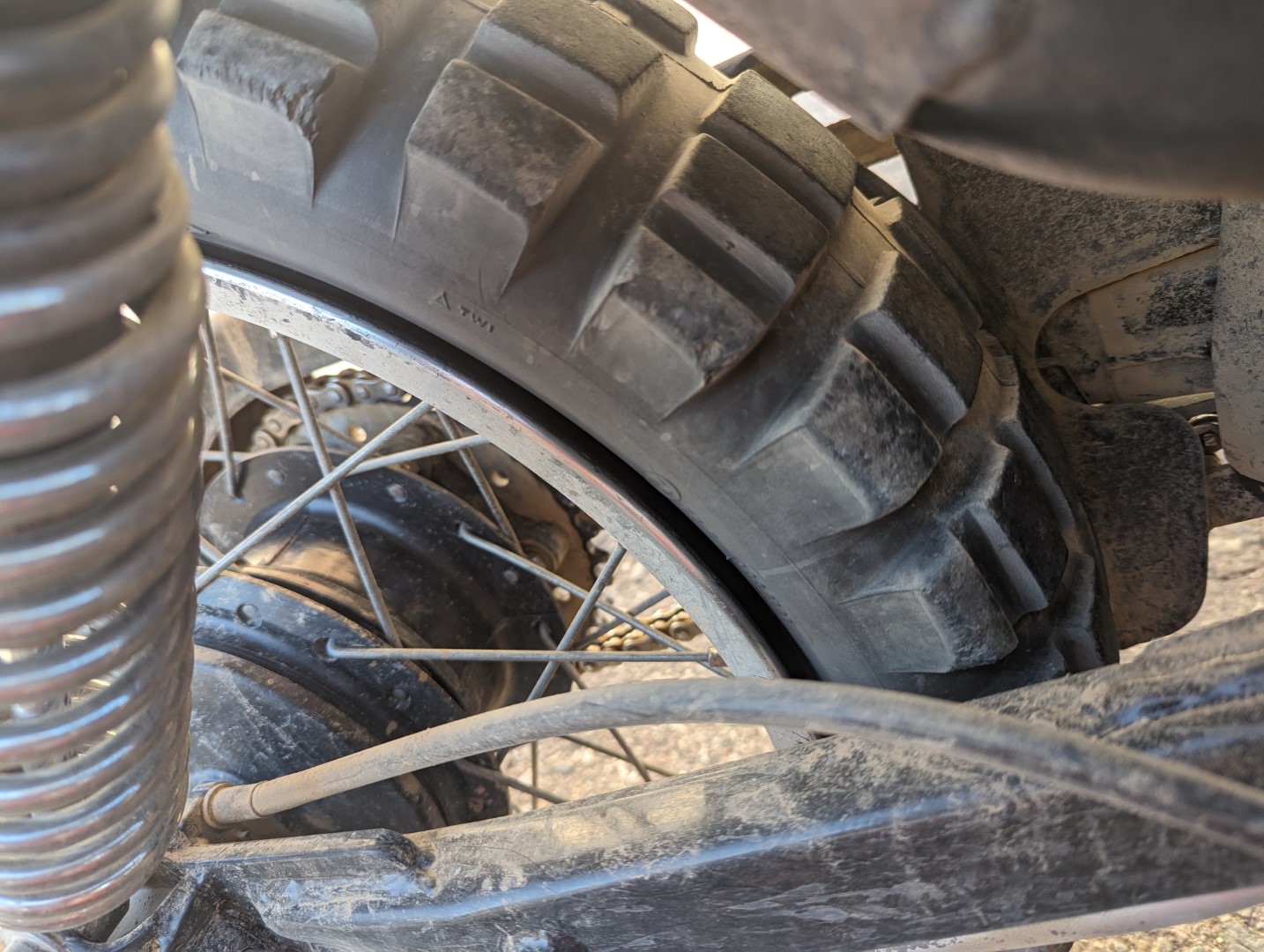
On each of the three days we managed to make the start at 8am (which is a first) and ran for 12 hours on the first two days and a shorter 10 hours on the third.
Our goal in this event was to achieve the highest score in the Twinshock Category as we knew we would be disqualified on the basis that Dougie had helped Austin lay out some of the check points and therefore had the benefit of insider knowledge (although in the event that didn’t help us at all!). We scored a total of 80 points and were announced as the highest scorers at the prize giving dinner which was very satisfying.

The Twinshock cup went to the next high scoring team who had 55 points. We were very pleased that all our efforts and time spent in the preparation had paid off. The teams on normal bikes were scoring well over 100 points, so we had some way to go to catch them – and it was evident on the trails as we did get overtaken by people on more modern machinery.
As for next year, we’ll have to wait and see, but I’m not doing the Twinshock again and quite like the idea of running in Tourist Class and just enjoying the trails without having to put weeks of effort into the preparation.
Dave’s Tale
We were joined by Dave (known as Clothead) this year for the VINCE. He’s an old friend of ours that has recently started trail riding. He has the same bike as Dougie, a Kawasaki KL250, but he bought it as a box of bits off ebay and spent many happy hours putting it all back together again. It had a shakedown run on our Isle of Man trip and he even tried a bit of off roading. Apart from a cracked weld in the exhaust it all went well. For the VINCE itself Dave was put into an arranged marriage with a guy called Sid who lives not far from me – no-one is allowed to ride alone for safety reasons. They were also entering the Twinshock map and compass category, but Dave hadn’t done any preparation at all on the basis that he had been moving house and it was touch and go whether he would even make it.
On the first day of the event they scored 12 points against our 22, but seemed to get along very well and generally have an enjoyable time. At the end of Day 1 I asked how he was finding it and he described it as “fun” – which is not a word I would have used to describe our days on the VINCE ! Damned hard work would be a better description from our team’s perspective.
The second day turned out to be not quite so much fun for Dave… He had an “off” and broke his collar bone in two places. He was X-rayed and patched up at the hospital in La Seu d’Urgell and sent home with pain killers. It was clearly uncomfortable but he didn’t seem to be in any pain. Unfortunately it rather cut short his holiday and I took him down to Barcelona to catch a plane home and get some more treatment for the fracture.


Pre-VINCE 2023
Dougie and Dave turned up chez moi a few days before the VINCE and we had a chance to do a bit of trail riding in the local area, specifically my usual ride into Cahors and back on the trails. Dave had a minor off and had to make a few tweaks to his bike but otherwise all went well.







We had a couple of days riding and “faffing” in Oliana before the VINCE started.





Post-VINCE 2023
We spent a couple of days in Oliana exploring the VINCE routes at a more leisurely pace and using our Honda CRF300Ls, having consigned the Twinshocks to the back of the van for a well earned rest. We were joined by some other friends who had also done the VINCE but were looking for some more relaxed trail riding.



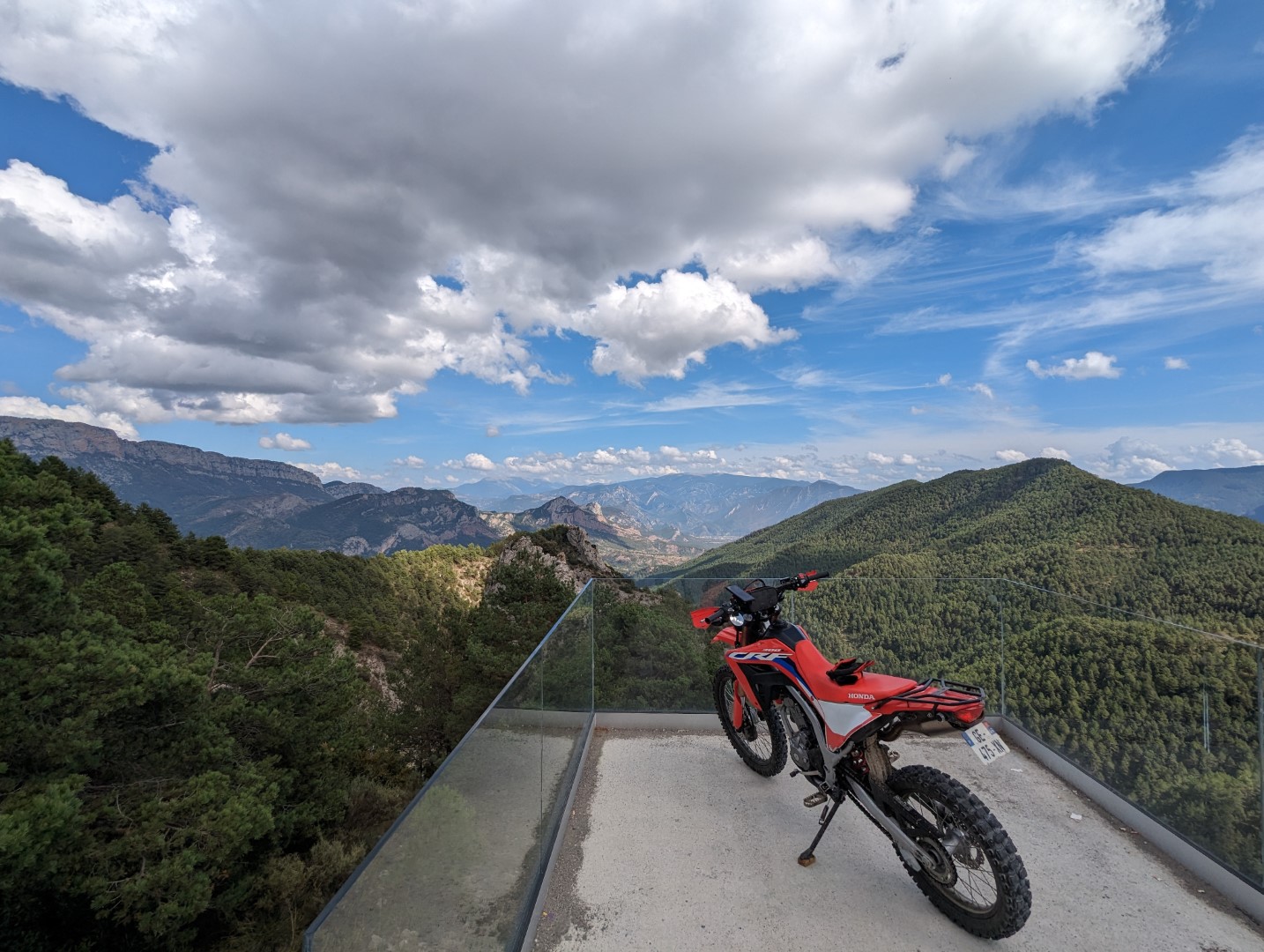
Dougie and I then moved to another AirBnB near Burgos at the Western end of the Spanish Pyrenees. This area will be the base for the VINCE 2024 and Dougie had already done a scouting trip with Austin so had plenty of great trails in mind to explore. This area is where they filmed parts of the The Good, The Bad and The Ugly and some of the sets have been restored and are open to the public. In particular, we were able to visit Sad Hill Cemetry where the final shootout took place.

